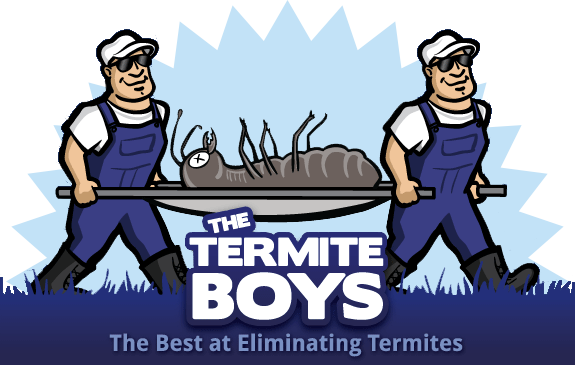As a homeowner, your property is of utmost importance to you. Your home is where you’ve created a lifetime of memories and is likely one of the biggest investments you’ll make in your lifetime. To ensure that your home stays sound and secure, regular termite inspections are vital. During these inspections, not only do you need to find out if there are termites present, but you also need to know how to fix the problem. In this blog post, we’ll be discussing what questions you should be asking during termite inspections to ensure you’re finding the right solution.
1. What type of termite is present in my home?
Termites come in various types, shapes, and sizes. Knowing the type of termite that’s present is essential because different types require different types of treatment. It’s important to know whether you have subterranean, drywood, or dampwood termites. Once you know what type of termite infestation you’re dealing with, the inspector can then recommend a treatment plan that fits the bill.
2. How much damage has been done?
Termites can cause severe damage to a home if left unchecked. Asking the inspector how much visible damage has been done can give you a clear understanding of how much restoration work will need to be carried out. Depending on the severity of the damage, the inspector can suggest different measures to fix the problem.
3. What are the treatment options?
Several different treatment plans can be carried out when dealing with termite infestations. For example, borate termite treatments are used to protect wood and prevent future infestations, fumigation treatments, and baiting stations. The inspector can explain the difference and effectiveness of each option, and which solution is best for your specific situation.
4. How long will the treatment take?
If you’ve figured out the treatment option that will work the best, the next question will be how long the treatments will take. The amount of time that treatment takes will depend on the type of treatment option chosen and the severity of the infestation. Getting a clear timeline from the inspector will help you plan around the treatment and know what to expect.
5. What kind of follow-up care is required?
Once the treatment is complete, the inspector should provide clear instructions on any follow-up care that needs to be carried out. This will help ensure that the treatment is effective and that the termites don’t reappear later on. Some treatments may require regular inspections and maintenance, and it’s best to know this ahead of time.
Termite inspections should be taken seriously as termites can cause unwanted damage to your home if left unchecked. By asking the right questions, you’ll have the knowledge required to make informed decisions and select the best treatment options. If you’re looking for an experienced termite inspector, don’t hesitate to get in touch with our team. Our experienced inspectors can help you with everything from identifying the type of termite infestation you’re dealing with, recommending treatment options, and providing you with follow-up instructions to protect your home in the future.

